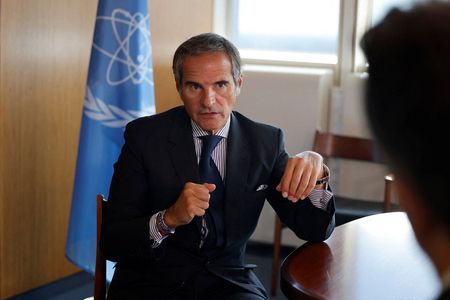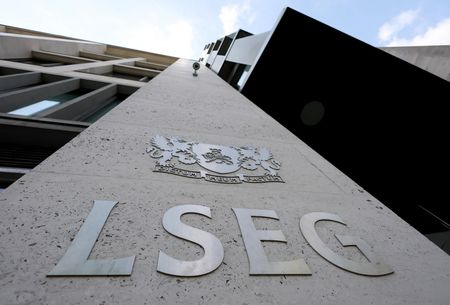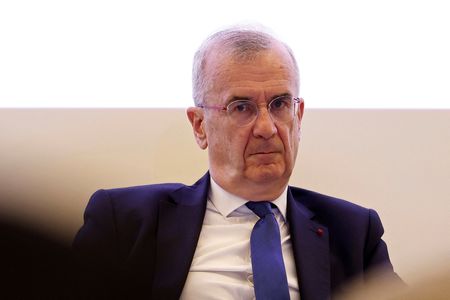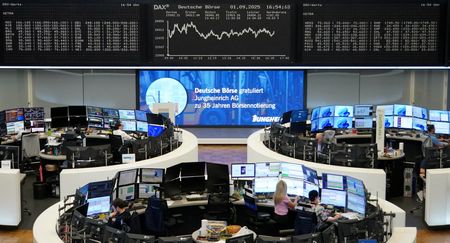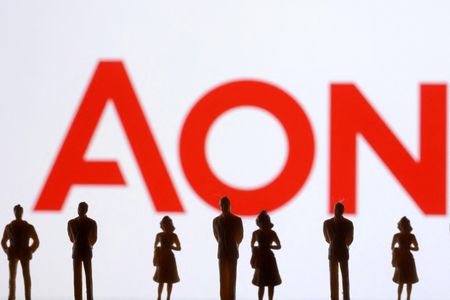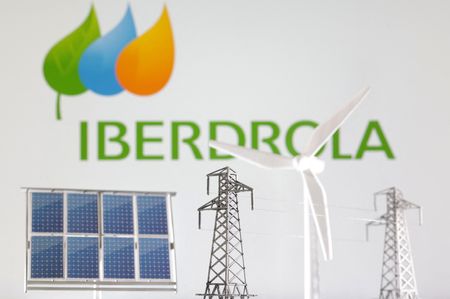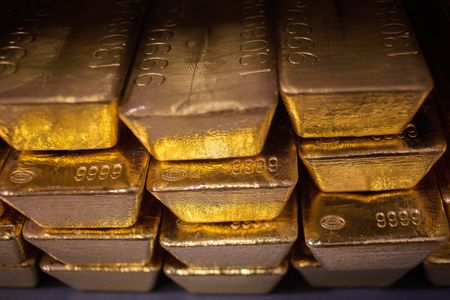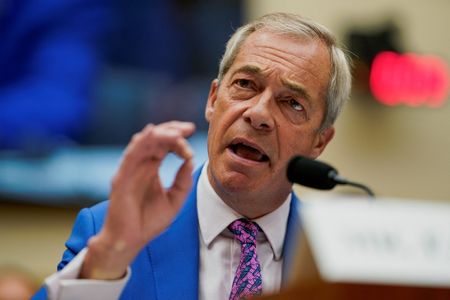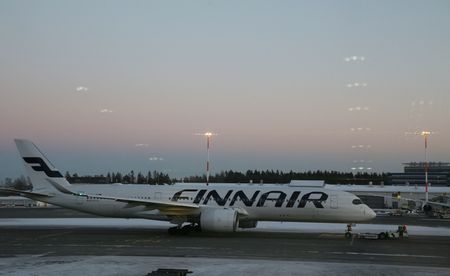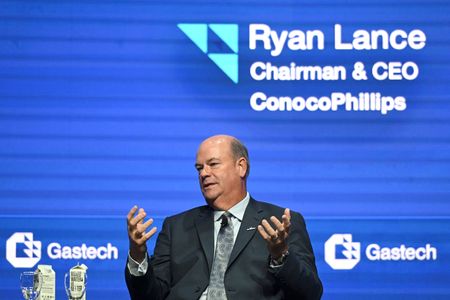By Francois Murphy
VIENNA (Reuters) -The U.N. nuclear watchdog’s talks with Iran on how to resume inspections at sites including those Israel and the United States bombed cannot go on for months on end, its chief told Reuters on Wednesday, pushing for a deal as early as this week.
The International Atomic Energy Agency has had no information from Iran on the status or whereabouts of its stock of highly enriched uranium since Israel launched the first attacks on its enrichment sites on June 13, IAEA chief Rafael Grossi confirmed in an interview.
Tehran has now passed a law suspending cooperation with the IAEA and stipulating any future inspections will need a green light from Iran’s Supreme National Security Council. Tehran and the IAEA are now in talks on how inspections can go ahead.
“It’s not something that can go on for months on end,” Grossi said in an interview at IAEA headquarters in Vienna.
“I certainly hope that we can conclude this process soon. We are trying to have another meeting, perhaps within a few days now, here in Vienna, to conclude this and to start the inspections,” he said. “It would be really good if we could have this agreed before next week.”
Technically, inspections in Iran have resumed since IAEA inspectors recently carried out a mission at Bushehr, Iran’s only operating nuclear power plant, but it is of so little concern from a proliferation perspective that it does not generally feature in quarterly IAEA reports on Iran.
‘BY AND LARGE, NUCLEAR MATERIAL STILL THERE’
While Iran’s three enrichment sites were badly damaged or destroyed in the Israeli and U.S. bombing campaigns, it is less clear what has happened to Iran’s stock of highly enriched uranium – the most sensitive material having been enriched to up to 60%, a short step from the roughly 90% of weapons grade.
A confidential IAEA report sent to member states on Wednesday and seen by Reuters said that on the day Israel launched its attacks Iran had slightly more material enriched to that level, 440.9 kg, than previously reported.
That is enough in principle, if enriched further, for 10 nuclear bombs, according to an IAEA yardstick. Before it was known to have nine bombs’ worth at that level.
“I believe there is a general understanding that by and large, the material is still there. But, of course, it needs to be verified. Some could have been lost,” Grossi said when asked about the status of Iran’s highly enriched uranium stock.
“We don’t have indications that would lead us to believe that there has been major movement of material,” he said.
Iran has not updated the IAEA on the status of the stockpile. In the event of an agreement with the IAEA, it would have a matter of weeks to send the agency a report accounting for it, a senior diplomat said.
How the new system under Iran’s law requiring special approval by the Supreme National Security Council would work is unclear, and Iran has brought up the importance of keeping the location of its enriched uranium secret, Grossi said.
At the same time, Iran’s obligations to the agency are unchanged, with Iran being told “domestic law creates obligations for Iran, not for the agency.”
ROOM FOR DIPLOMACY, UP TO A POINT
The IAEA notified Iran in late July of its intention to inspect, diplomats said, and Grossi confirmed that normally it cannot let over a month pass without verifying the status of highly enriched uranium, which is refined to 20% or higher. Rather than precipitate a crisis by calling Iran out, talks continue.
“We are trying, as I’ve always tried … to give way to diplomacy, to allow for a process to be put back in place. Of course, this has to be done within a certain reasonable time frame,” Grossi said.
He made clear the U.S. and Israeli strikes had not eliminated Iran’s ability to make more uranium-enriching machines.
With the IAEA’s 35-nation Board of Governors due to meet next week, Grossi sent two reports on Iran to member states later on Wednesday making clear there had been no breakthrough.
Both reports, seen by Reuters, said an agreement paving the way for inspections to resume “should be concluded without delay” and that Iran’s stock of highly enriched uranium is “a matter of serious concern”.
Grossi told Reuters: “I don’t lose all hope that before the board meets, we could maybe conclude.”
Grossi has long said he was considering running as United Nations Secretary-General next year. Asked if he was definitely going to run, he said: “Yes, I am going to do that, yes.”
(Reporting by Francois Murphy, Editing by Timothy Heritage, Alexandra Hudson)

